“Better Luck Tomorrow” Presents a Bleak, Powerful View of Asian American Life
On Friday, April 8, the Asian American Student Collective (AASC) hosted a screening of “Better Luck Tomorrow,” a 2002 film directed by Justin Lin. The screening, held in the Goldsmith Family Cinema at the Jeanine Basinger Center for Film Studies, was a part of AASC’s April programming for Asian and Pacific Islander Heritage Month. Released 20 years ago, “Better Luck Tomorrow” remains a relevant, poignant piece of filmmaking that speaks to Asian American experiences.
Set in Orange County, California, “Better Luck Tomorrow” centers on Ben (Parry Shen), an overachieving high school junior. Despite his straight-laced exterior and straight-A grades, Ben’s life is, at its core, hollow, driving him towards nihilistic thrill-seeking. When he isn’t prepping for his SATs, he commits petty crimes for fun with his volatile best friend Virgil (Jason Tobin) and Virgil’s cousin Han (Sung Kang), knowing that their perfect academic records and the stereotypical perception of Asians as meek will save them from any repercussions. Simultaneously, his growing crush on cheerleader Stephanie (Karin Anna Cheung) leads to a rivalry with her boyfriend, private school bad boy Steve (John Cho).
When the cocky, confident senior Daric (Roger Fan) joins the crew, their crimes escalate from shoplifting and cheat sheet sales to major robbery and drug running. Though Ben and his friends see this as just another extracurricular, the audience knows this won’t end well. The opening scene, set four months after the film’s events, shows Ben and Virgil sunbathing in a backyard before being interrupted by a cell phone ringing from the pocket of a body they’ve buried there. We know, from the beginning, that their path leads only to death. The only question is, whose body is buried in the yard?
While “Better Luck Tomorrow” is remembered as a seminal work of Asian American cinema, it notably doesn’t deal with any specifically Asian culture. If we are to assume by surnames that the members of its ensemble are of Chinese, Filipino, Korean, and Japanese ancestry, Stephanie is, explicitly, a Chinese adoptee with a white family. Yet the film’s conflict doesn’t take the more conventional route of tracing the relationship these American teens have to their Asian ancestry, either compared to their more traditionally-minded relatives, or in a racist white milieu.
Indeed, there are no parents to be seen, and overt racism is scarcely found. Instead, the dark undercurrent of the script, written by Lin, Ernesto Foronda, and Fabian Marquez, speaks to an Asian American experience. It points to the ticking time bomb of a cohort raised with no goals for life besides academic and career success, who have been told that, in order to make it, they must follow a single, narrowly defined path, with no routes to fuller self-actualization. “Better Luck Tomorrow” doesn’t ask how Asians might become part of American society, but instead, what they are to make of themselves within it.
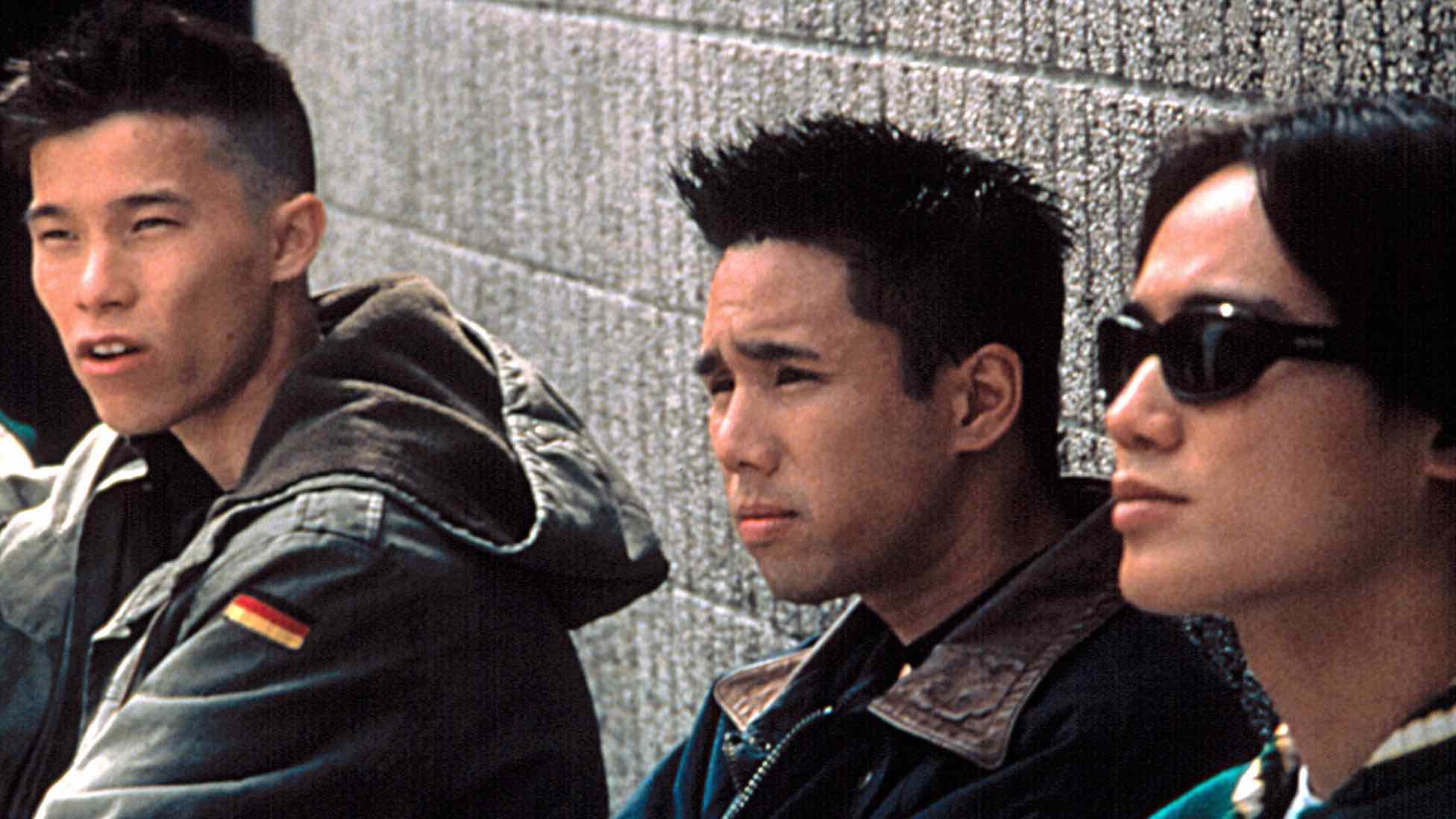
What results is a teen comedy that morphs into a pitch-black crime drama, with stakes escalating quickly from making the basketball team to matters of life and death. Despite the film’s shoestring budget, Lin imbues it with style, illustrating this descent in dizzying, engrossing montages.
Since its release, “Better Luck Tomorrow” has only grown in stature. Lin has gone on to be the director behind most of the installments in the “Fast and Furious” franchise, and Cho and Kang have become well-known names. A 2019 Los Angeles Times article by Bryan Hu surveyed a range of Asian American filmmakers and critics to crown the best Asian American film of the 21st century thus far. “Better Luck Tomorrow” ranked number one.
“It remains a milestone for ferociously defiant Asian American storytelling,” Hu wrote.
Indeed, what makes “Better Luck Tomorrow” so powerful twenty years later is its uniqueness. It doesn’t attempt to be a treatise on anti-Asian racism or an ethnographic text that educates its audiences on its characters’ culture. It tells a story that, in some ways, could have been produced with actors of any racial group; Lin even turned down offers to produce the film with an all-white cast.
To some, this attitude was objectionable. At one of the first screenings of “Better Luck Tomorrow” at the 2002 Sundance Film Festival, an audience member confronted Lin, accusing him of abandoning an apparent duty to represent Asian Americans in a positive light.
“Why…make a film so empty and amoral about Asian Americans?” the man asked.
Famed film critic Roger Ebert, who was also in attendance, offered a sharp rebuke.
“What I find very offensive and condescending about your statement is nobody would say to a bunch of white filmmakers, ‘How could you do this to your people?’” Ebert said. “This film has the right to be about these people, and Asian Americans have the right to be whatever the hell they want to be. They do not have to ‘represent’ their people.”
Free from the apparent weight of respectability politics, Lin is emboldened to simply illustrate the trials and tribulations of heartfeltly rendered, complex, and deeply flawed human beings. Even twenty years after its first release, it’s an attitude that feels like a bracing breath of fresh air.
Oscar Kim Bauman can be reached at obauman@wesleyan.edu.


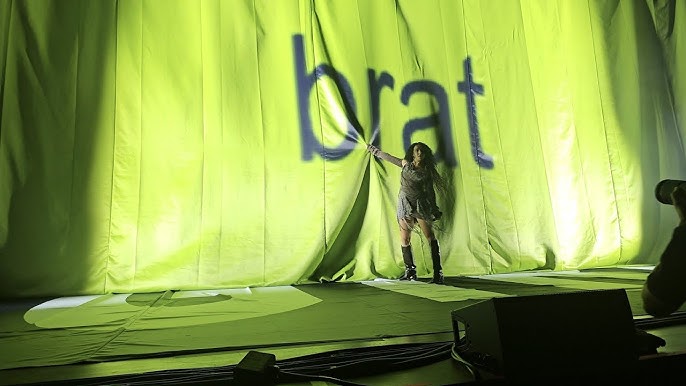
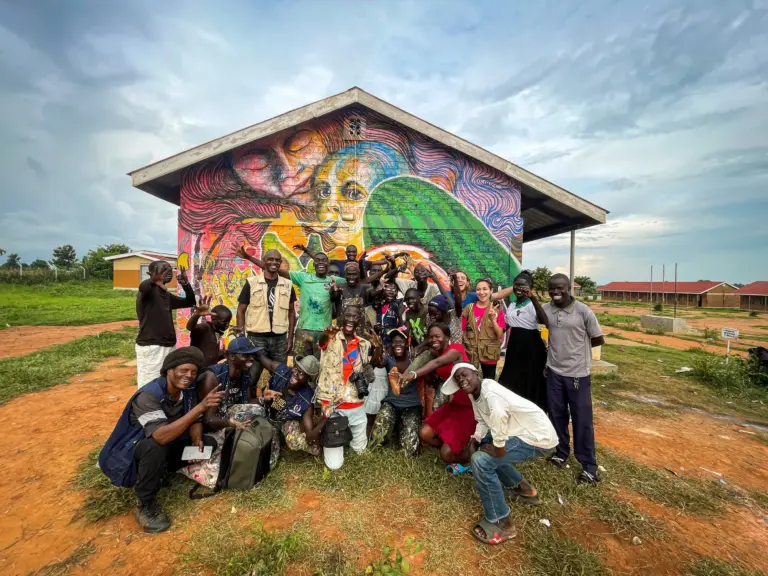
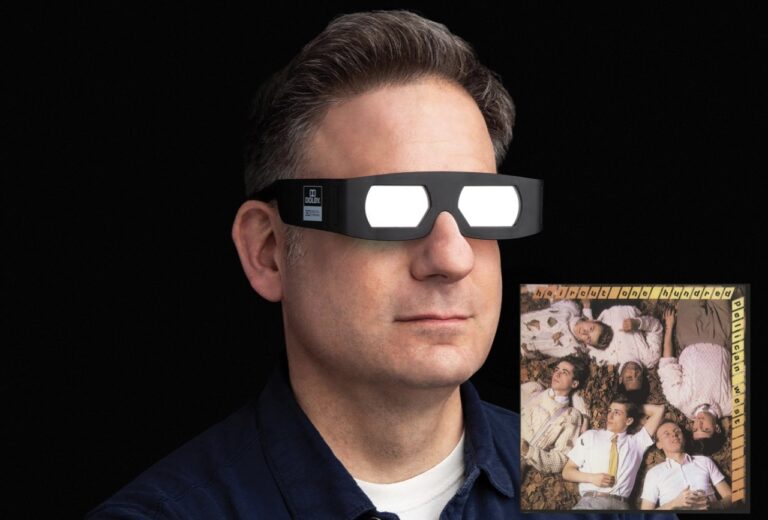
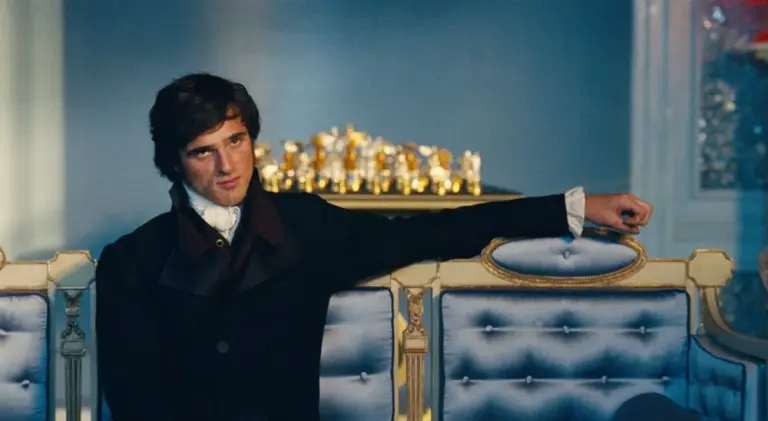
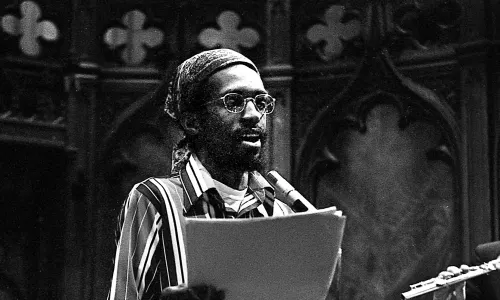
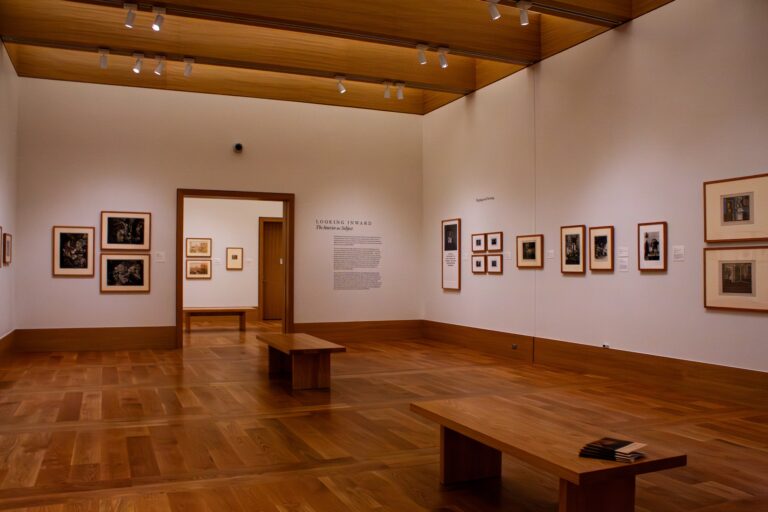
Leave a Reply